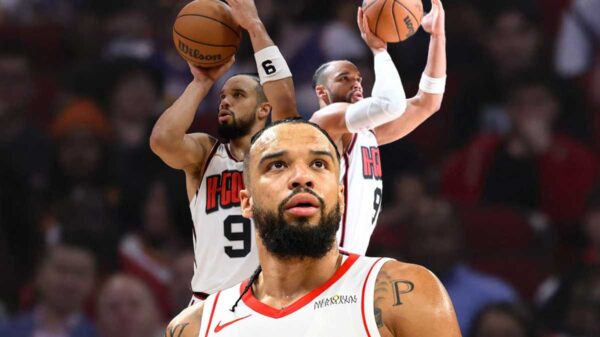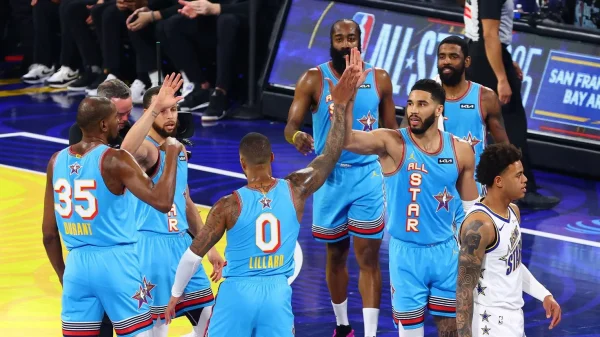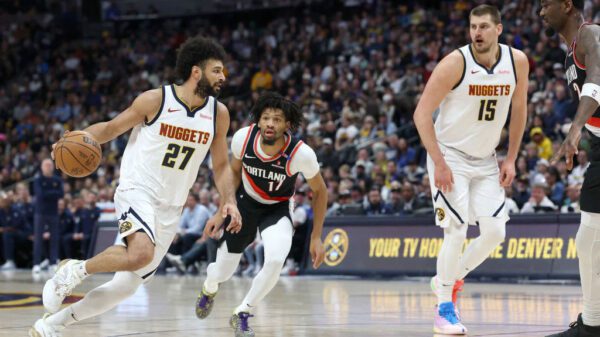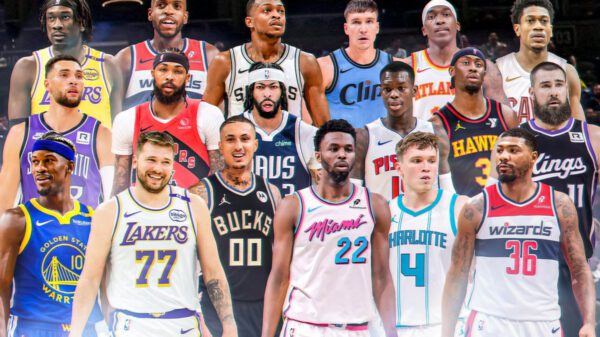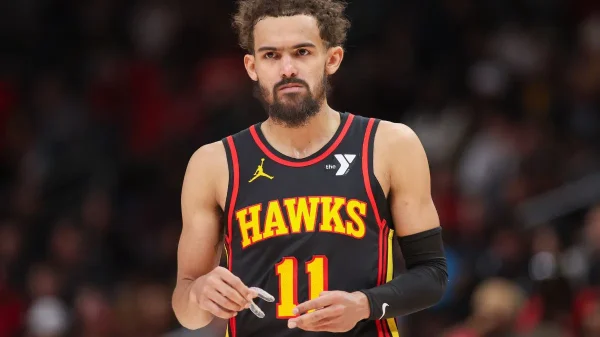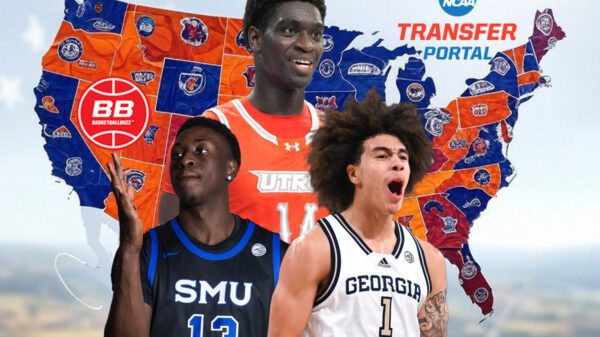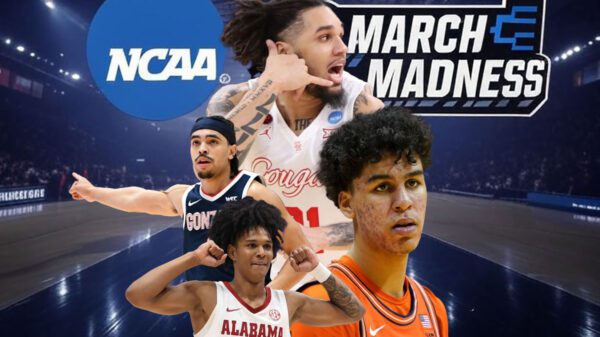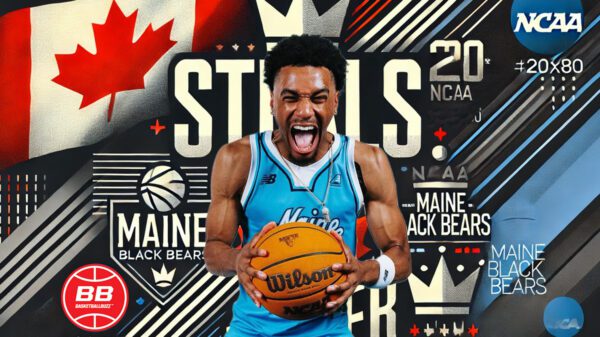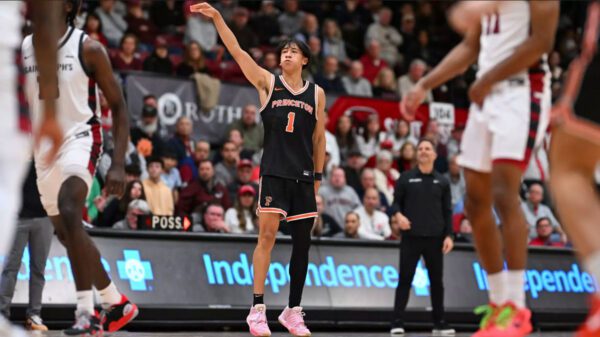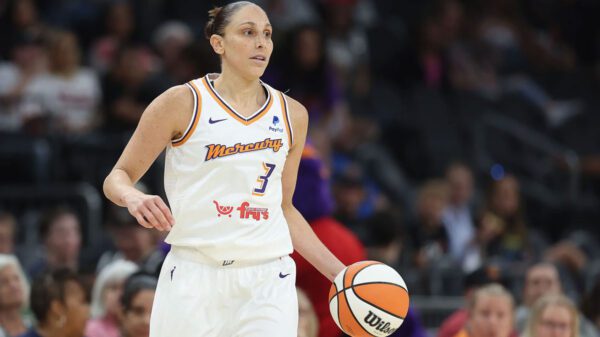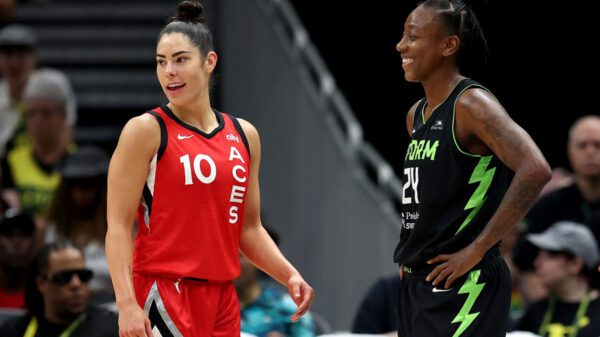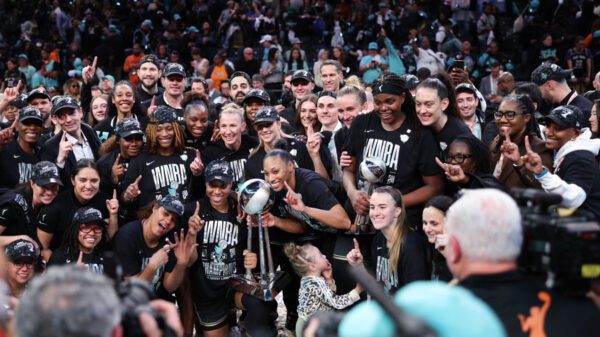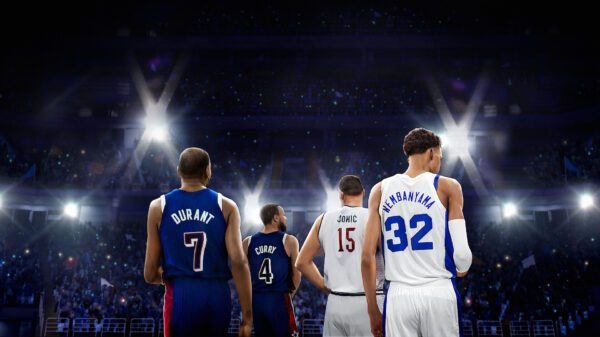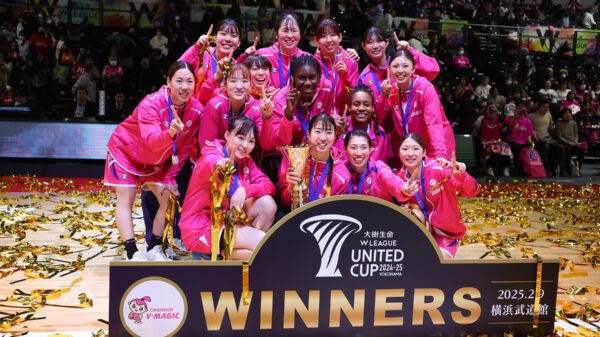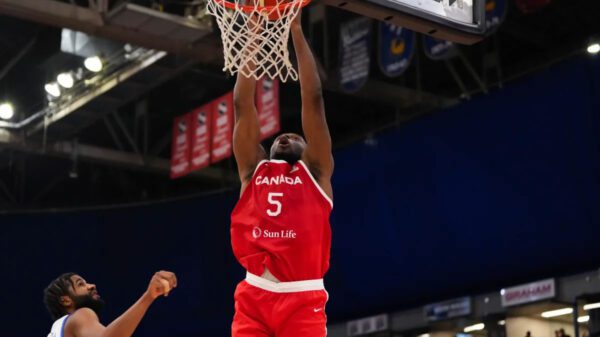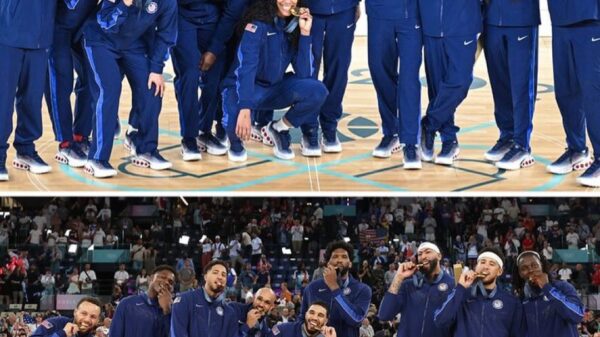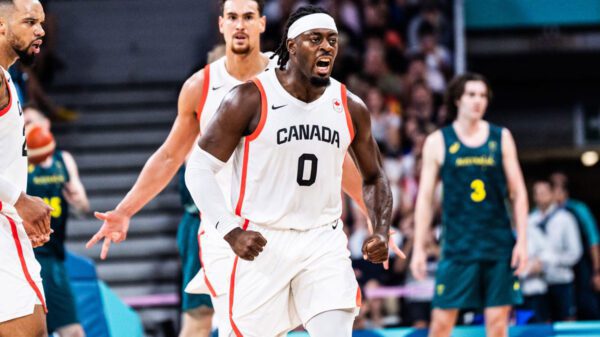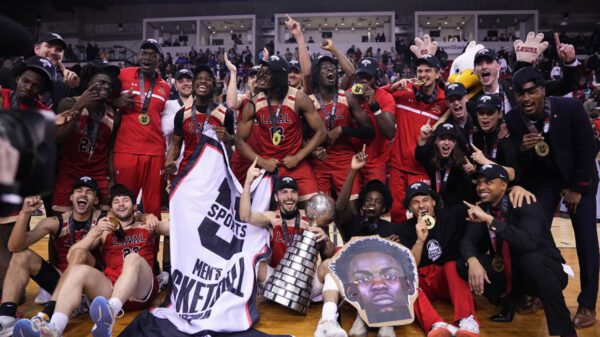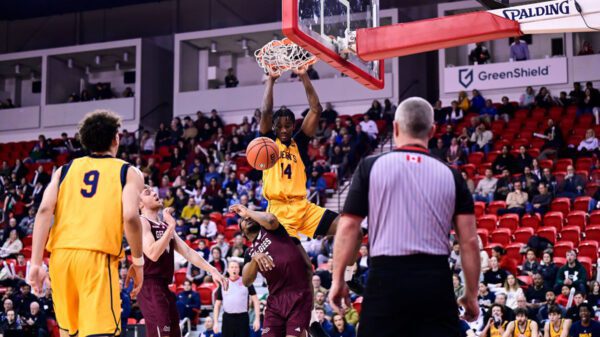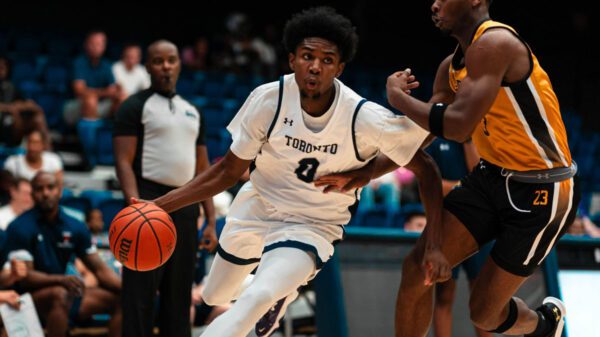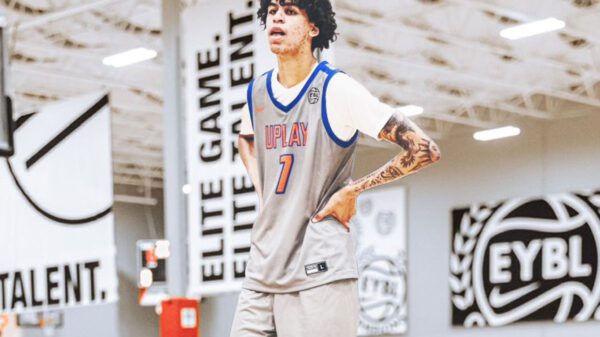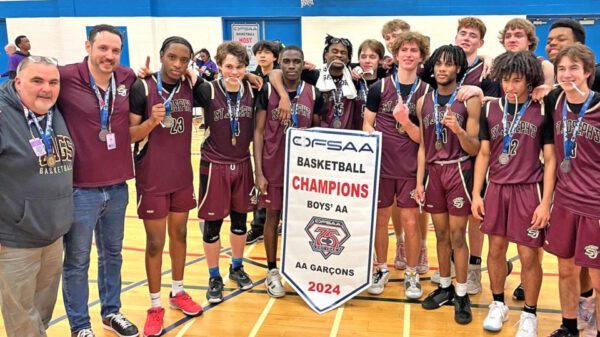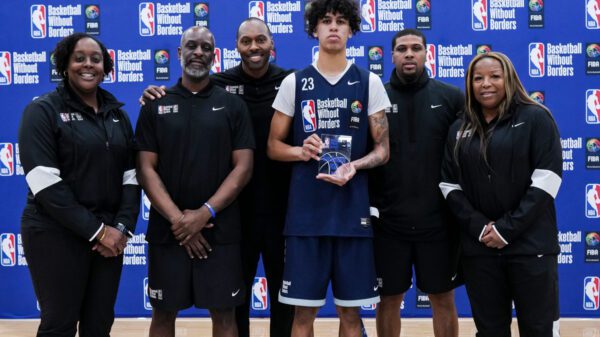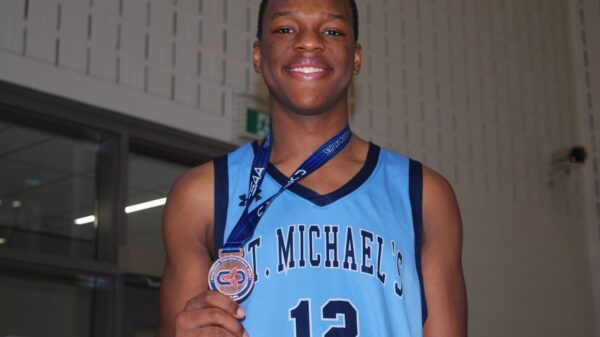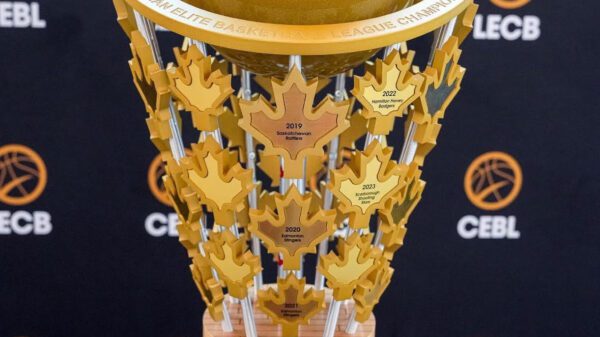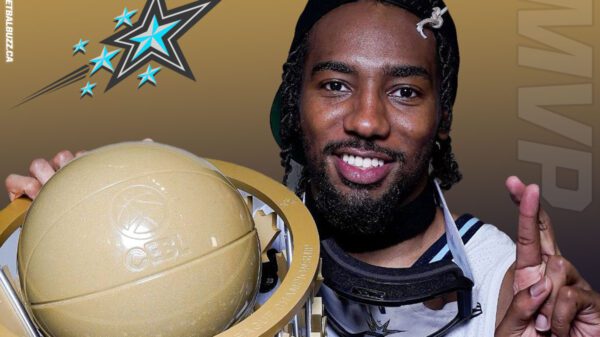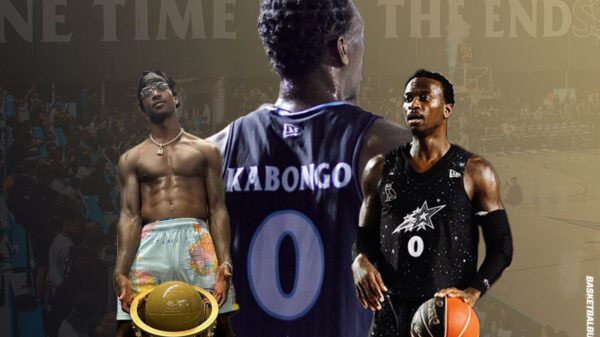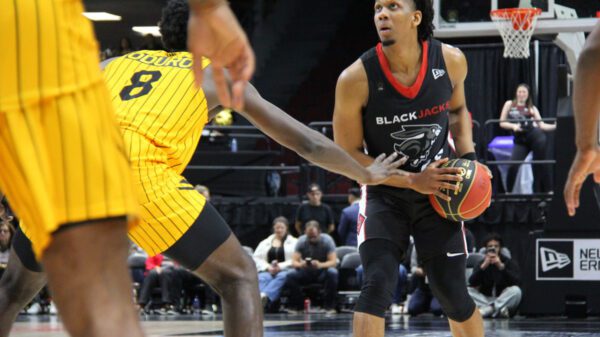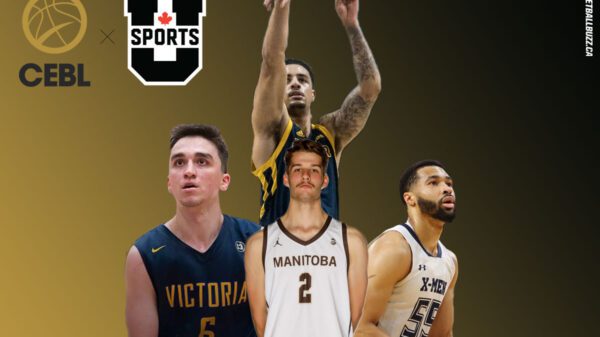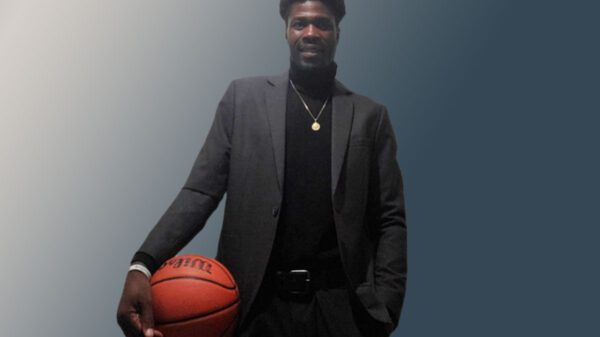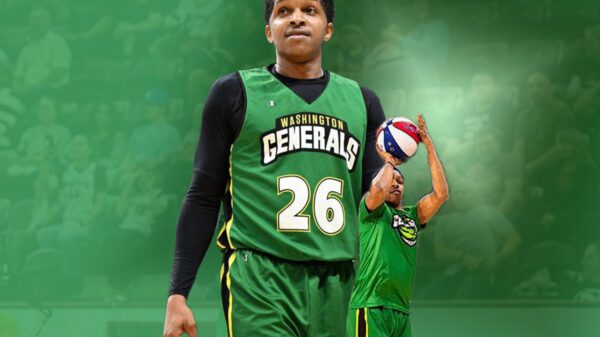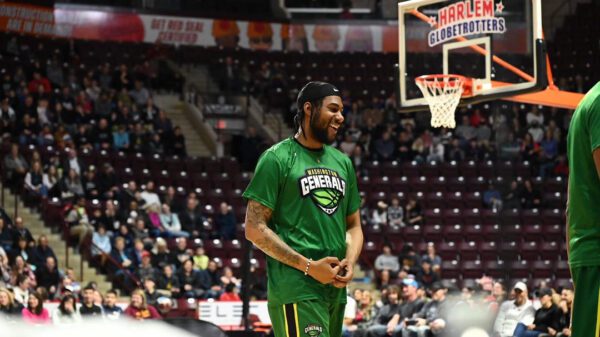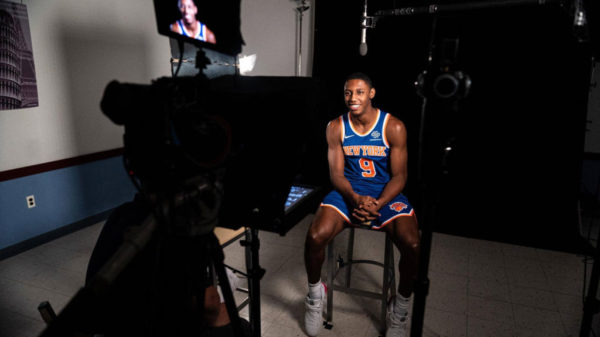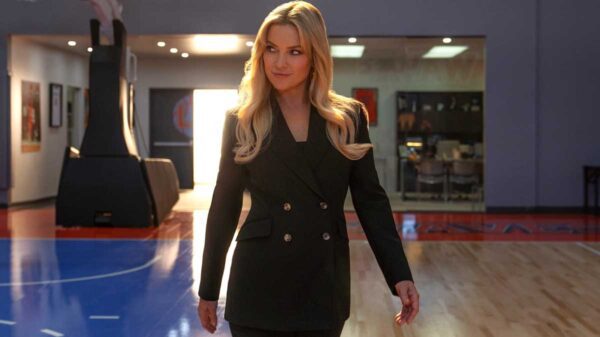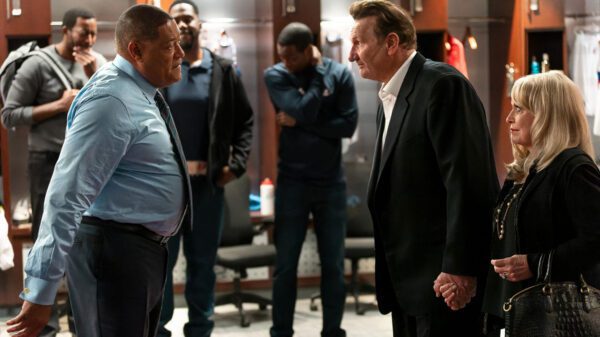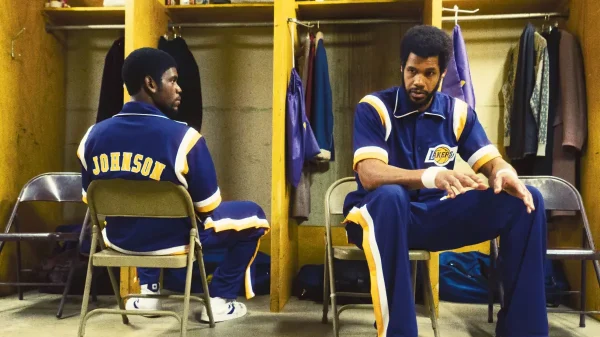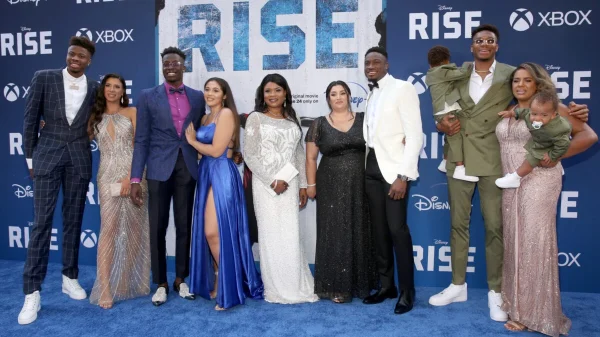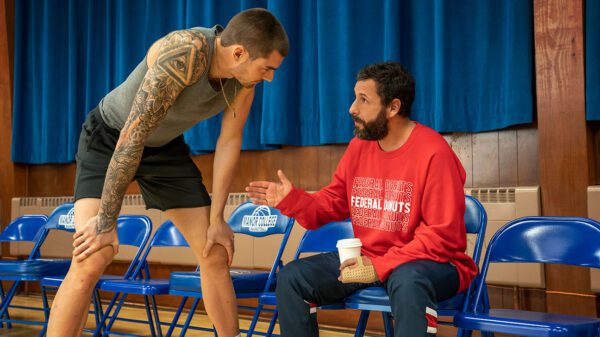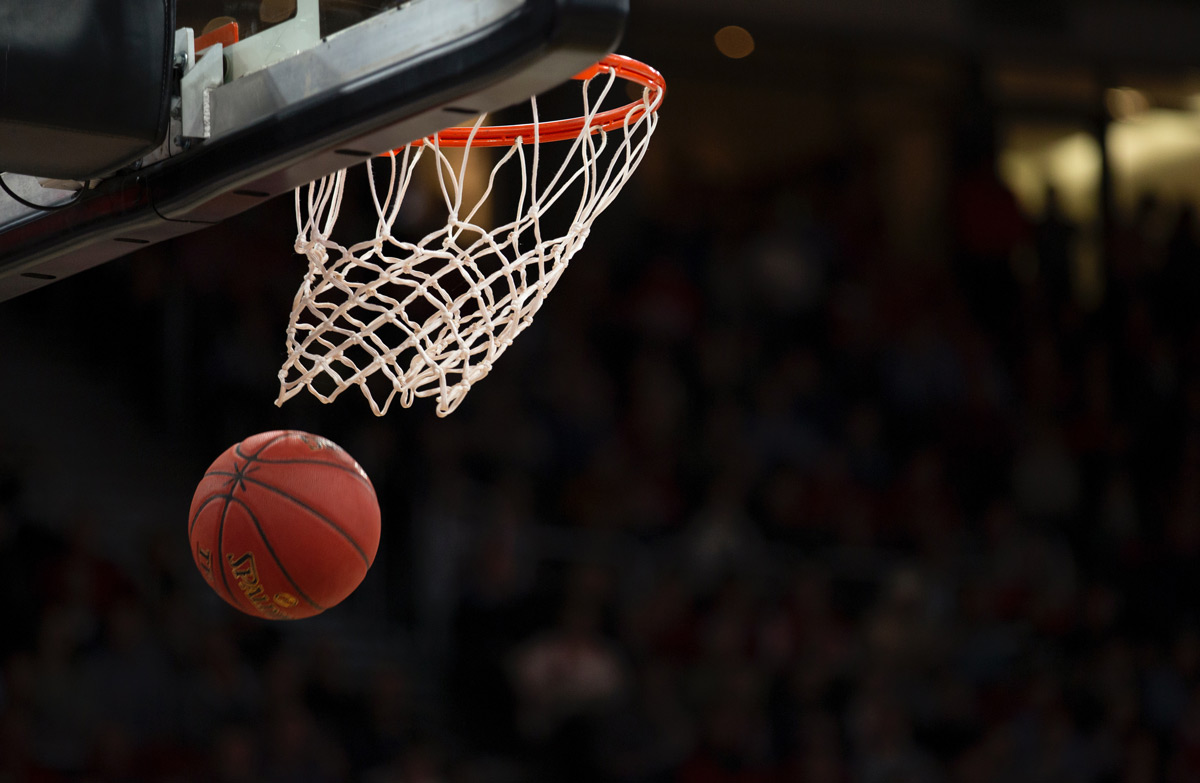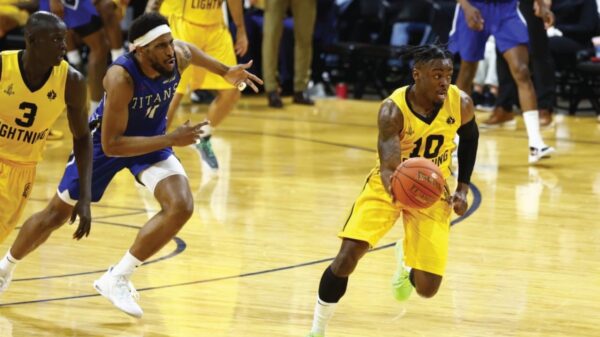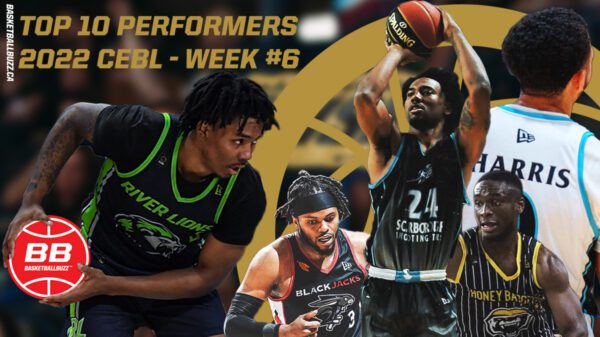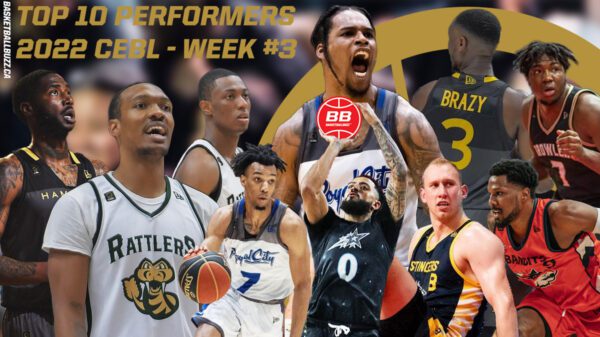Audley Stephenson understands perhaps more than anyone else just how important 2021 will be for the future of the National Basketball League of Canada.
Nearly a year has passed since the eight-team league was forced to cancel the remainder of its ninth season due to the ongoing pandemic.
Two teams had already been left behind for the 2019-20 campaign, but the league and its Deputy Commissioner, Stephenson, were forging on.
The initial hope was to return on Boxing Day 2020, but when the time quickly rolled around, it was clear the league’s 10th season would not be getting off the ground anytime soon.
“We haven’t come out and said what we won’t or will do,” said Stephenson on the most recent plan to return to the court in March.
“We’ll just keep watching and then decide accordingly at that point. But as you’ve seen with the [COVID-19] numbers, it is quite concerning. Health and safety of our fans and players is paramount and that is the priority. We are looking at things very seriously.“
Stephenson, who began his journey in the NBL-C as a volunteer content producer, acknowledges that he is now the lead voice for the league in a role he has held since 2017.
So as the 48-year-old is charged with finding a way to move the professional domestic league forward, he signals confidence in the health of the teams that are currently functioning in Charlottetown, Halifax, Moncton, St. John’s, Kitchener-Waterloo, London, Windsor, and Sudbury.
While Stephenson would not specifically comment on the status of the Saint John Riptide and Cape Breton Highlanders – who were each granted a one-year hiatus for the 2019-20 season – he acknowledges that challenges lie ahead for the league as a whole.
“We can’t underestimate the impact of 2020 and what it has meant for a lot of businesses and individuals and circumstances,” says Stephenson. “That has changed. And so I think there’s an impact there as well.”
The NBL-C hasn’t confirmed the specifics of a return plan, but it is clear that playing in empty stadiums is a direction that Stephenson would rather not go in.
“Obviously there would be some huge financial losses and that’s something that deserves to be looked at,” said Stephenson. “But it’s certainly not a desirable option that we would want to have to do.”
As for the long-term outlook of the league, Stephenson says that expansion is on the table, but stresses the importance of taking a balanced approach in this regard.
One possibility that hasn’t been ruled out is a return to St. Catharines, Ont., where the Niagara River Lions now operate as a member of the Canadian Elite Basketball League.
“Adding more teams is obviously a good thing for our league in terms of a growth model,” said Stephenson. “The last little while, we’ve just been more measured and taking our time and really vetting properly to make sure that we have the right ownership group before we jump into something.
“I would say that is the case for any market, not just the St. Catharines/Niagara area. That is the approach that we want to take and be consistent about that. Expansion is always something that as a league we invite and entertain.”
On the flip side, Stephenson isn’t exactly inviting the prospect of the CEBL expanding to markets where the NBL-C has already established a presence.
“Obviously there would be some concerns and challenges with something like that,” said Stephenson. “Ultimately as a league, you would do what they want to do – as the same they would be for us.
“There isn’t a league that owns a particular market, but you now have to think about the reasoning around why a particular market is so important, why you’d want to set up that level of competition. The eyeballs are limited. We’re not in major markets. So there’s limited eyeballs and attention. So it would have to be a really special market to want to set up shop there as I would see it.”
River Lions owner Richard Petko – subsequently the lead investor for the CEBL – saw an opportunity for the NBL-C to improve its reach in terms of sponsorship and marketing. Furthermore, the wealthy real estate developer had brought forward a recommendation of a new commissioner to oversee that vision.
Stephenson, who wasn’t yet fully participating in board activities when Petko brought his suggestions to the table, indicates the timing just wasn’t right for those ambitions.
“I actually like Richard a lot. He’s a great guy. He’s got some great ideas, good energy, good initiative,” says Stephenson. “If you sit down and talk with him, you can’t help but smile and laugh. He’s a really brilliant guy and has a great personality overall. He cares about what he’s doing. That’s just me, personally how I feel about it. Certainly no animosity or bad blood at all.
“But at the same time, he had his feelings on how he thought things [should go] and there wasn’t an agreement. So he decided to do his own thing now.”
Michelle Biskup has been a member of the River Lions’ front office since the beginning and is now Vice President of Operations. Biskup thinks the NBL-C may have passed on a good opportunity to establish a larger presence.
“Richard really wanted to do things right, and he did recognize the bones were there. [The NBL-C] has been around for ten years. It’s known in their respective markets. Outside the respective markets, not many people know about it, but he was like, ‘let’s build off this.’ And they didn’t really see that same vision. So he was like, ‘OK, then I’ll do it. I’ll take my learnings, and we’ll do it our own way.’”
Biskup acknowledges the CEBL’s stated intentions to expand, but says that all options are being considered, even in competing markets.
“At the end of the day, the CEBL does have a mandate that they want to be in the top 20 municipalities of Canada,” says Biskup. “Every option is open, but whatever city [being considered] would have to meet key points of what the CEBL is looking for when they bring [a team] into a city.”
As the NBL-C navigates its way through the uncertainty of this season and beyond, Stephenson has been there from the start and doing whatever he can to push professional basketball forward in Canada.
“In the early days, I actually came on board 100 per cent as a volunteer and that was solely because I believed in what the league was doing. I was excited about the product. It absolutely had nothing to do with earning a pay cheque at all. It was solely just about helping to grow the game of basketball. That was my motivation. That was my fuel. That’s what I was really passionate about.”


